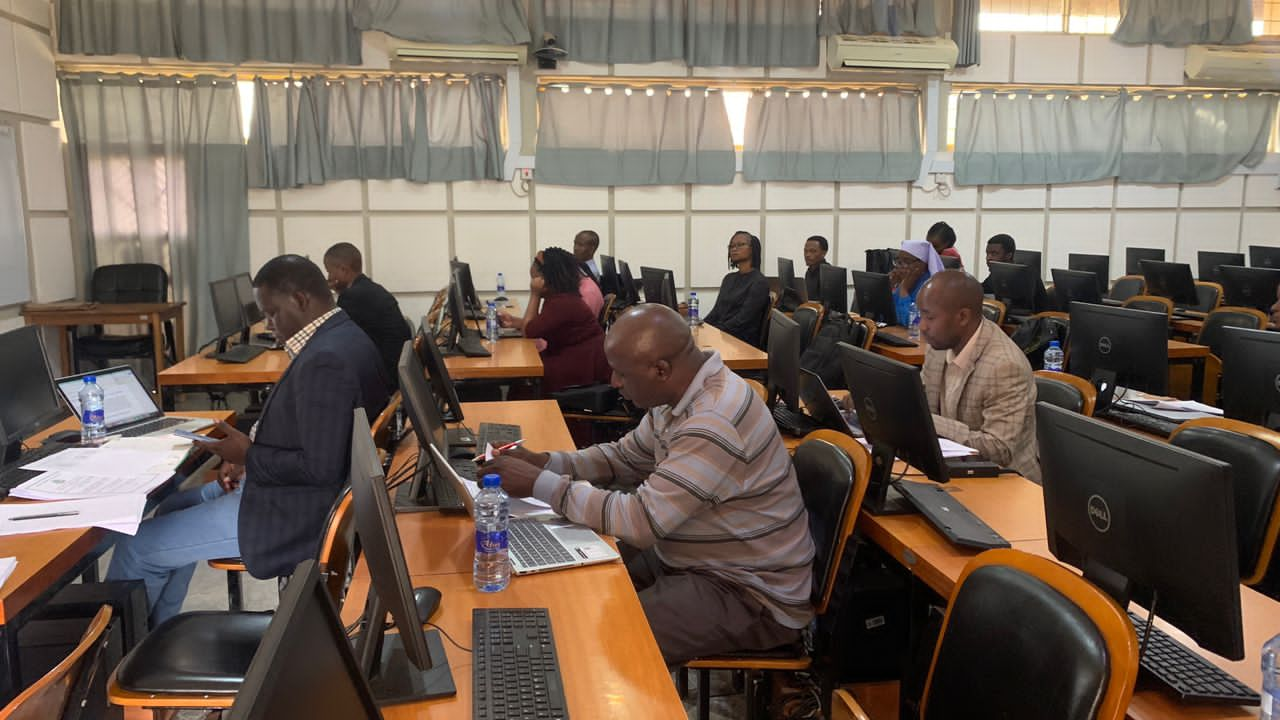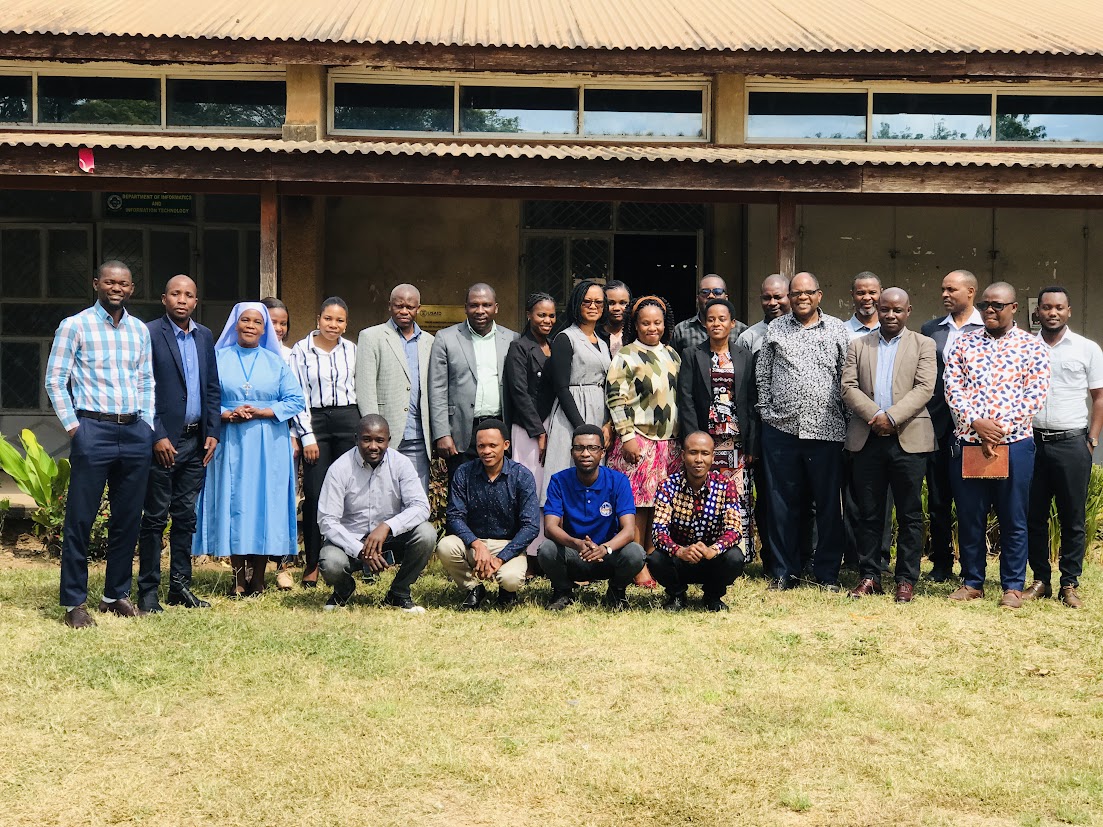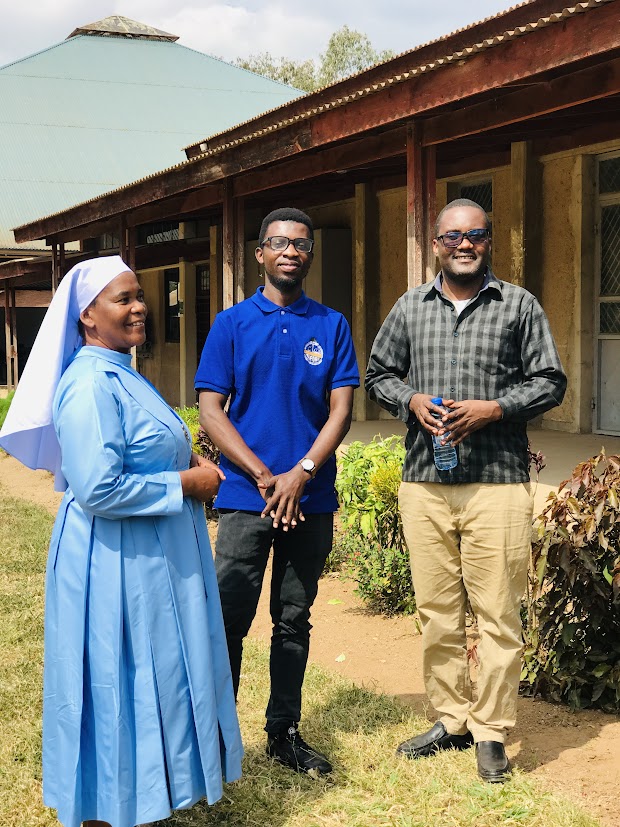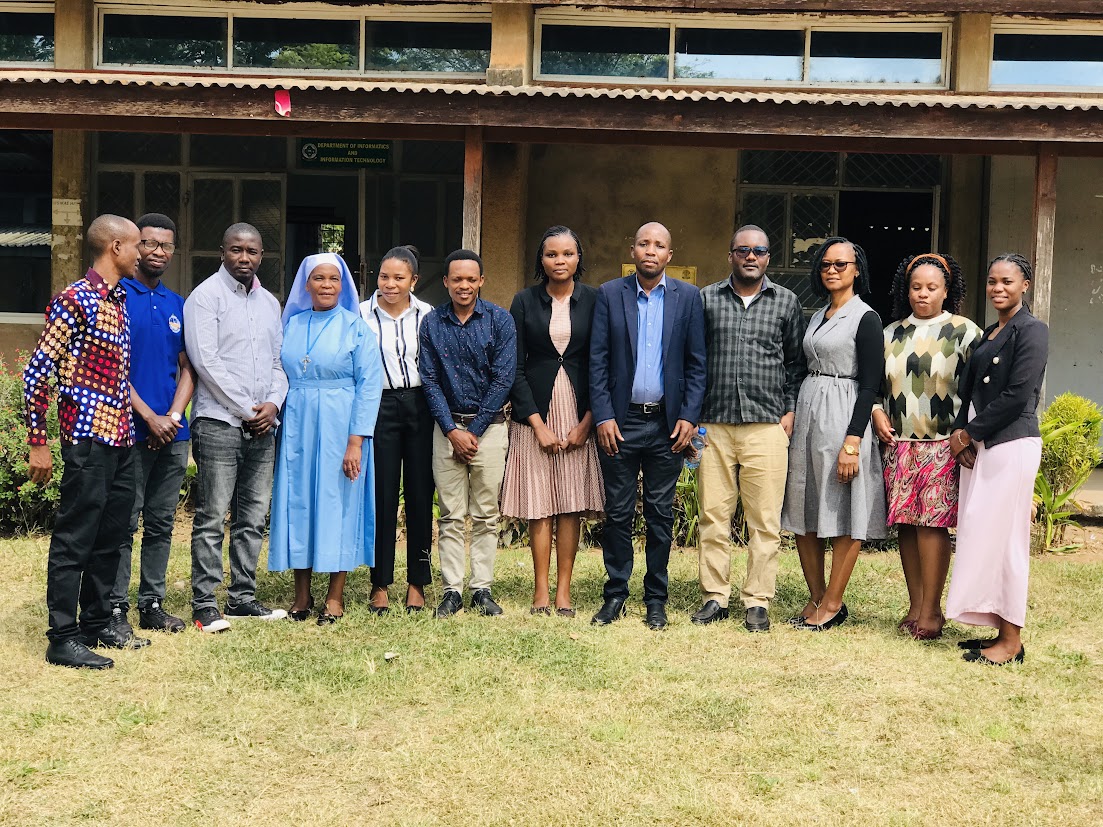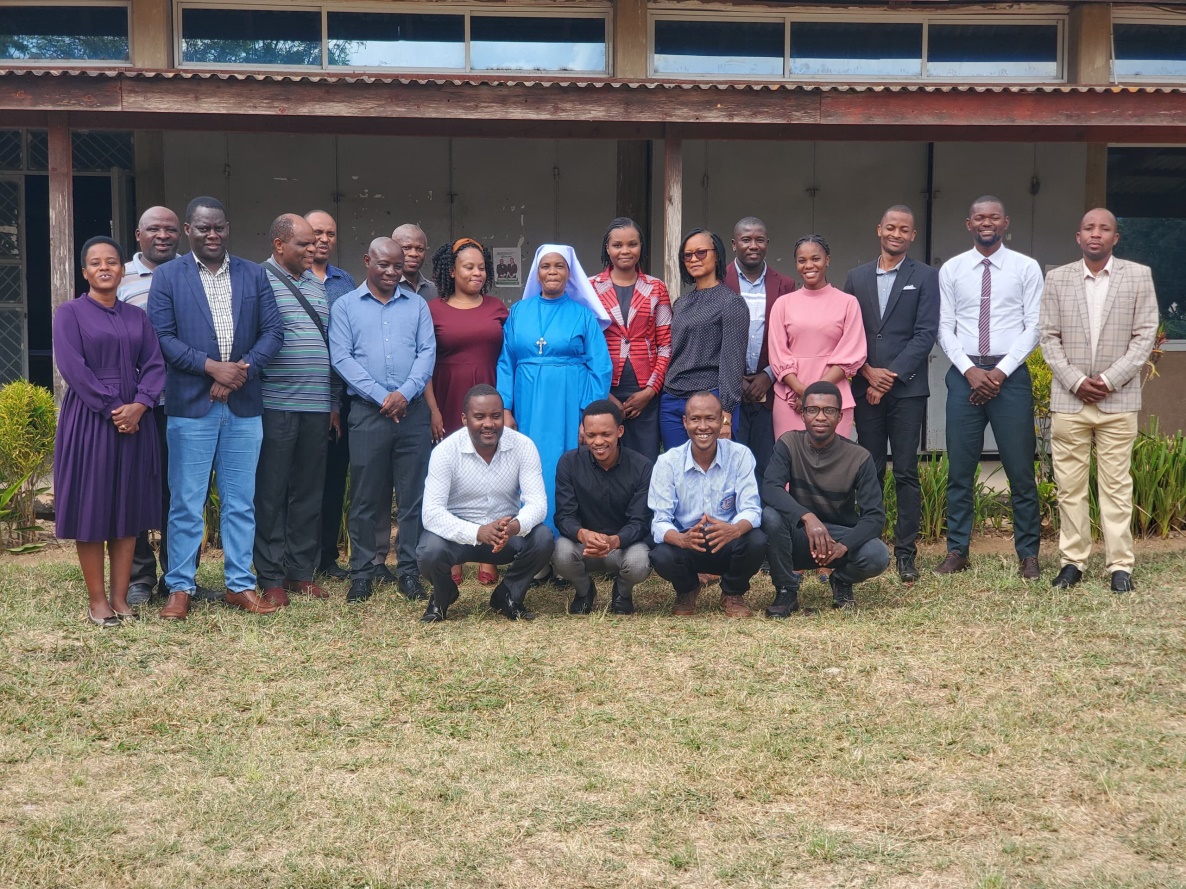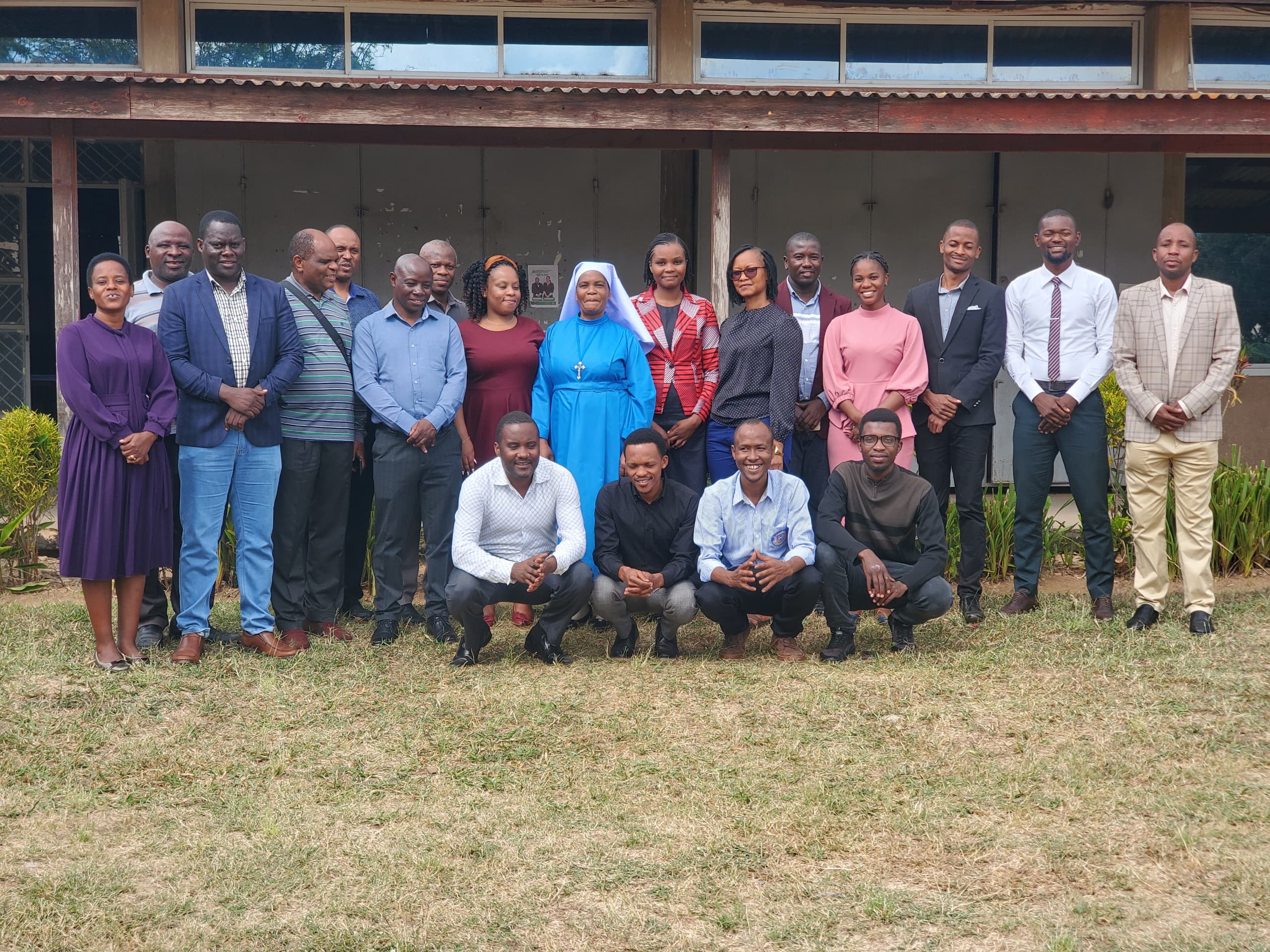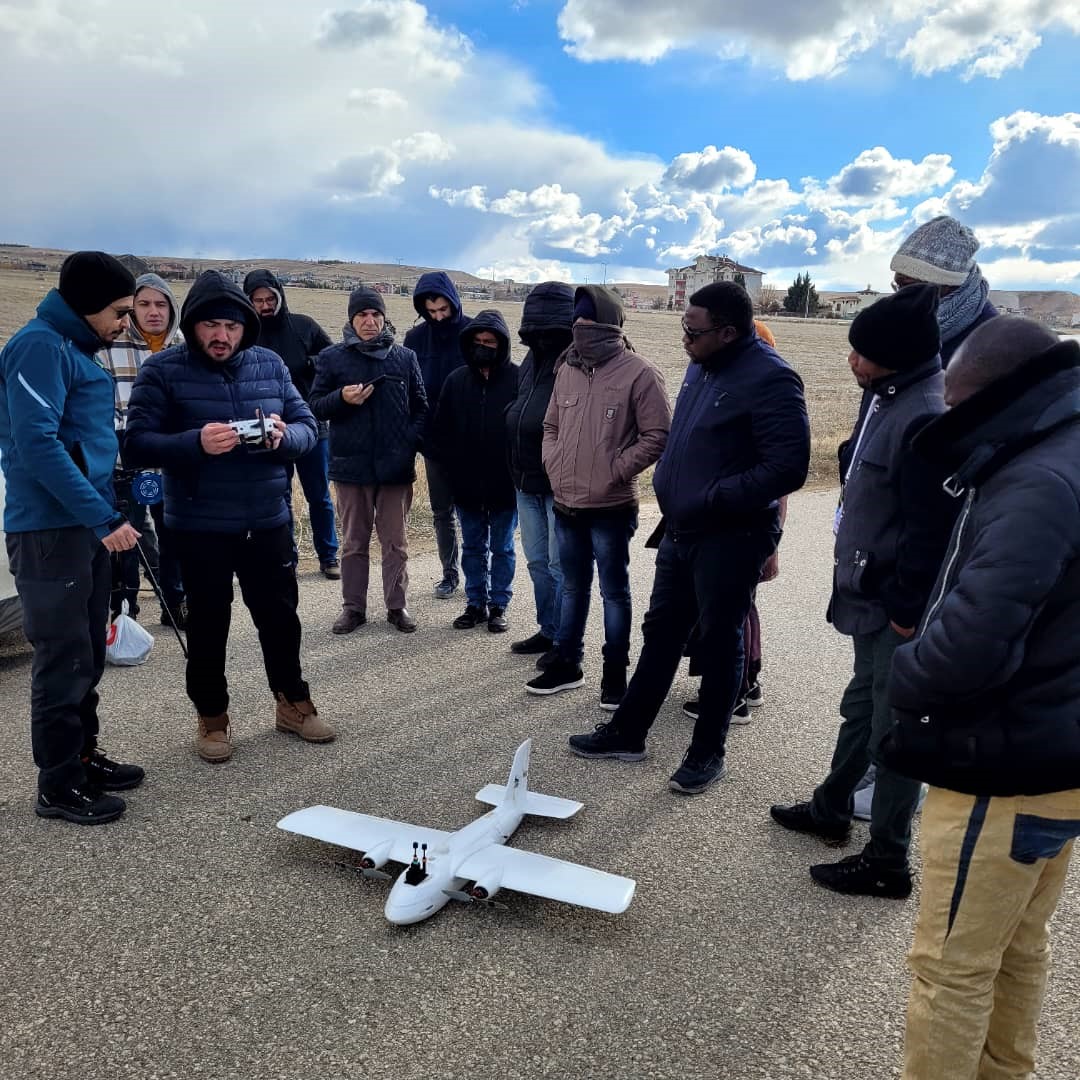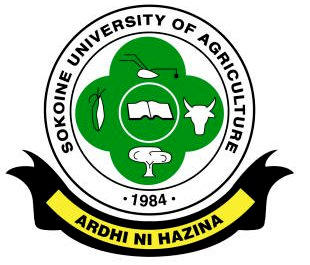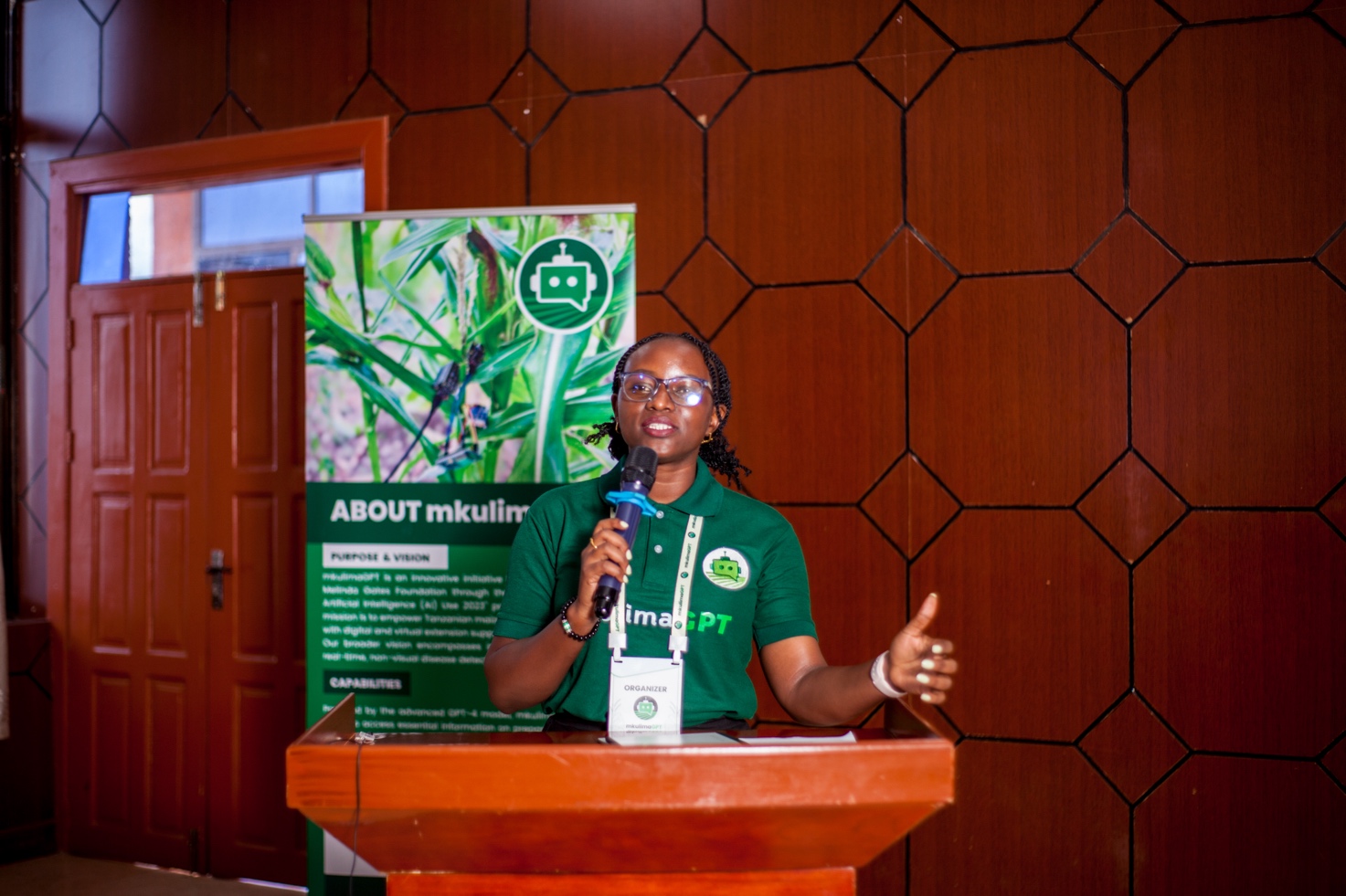The Department of Informatics and Information Technology (DIIT) at the College of Natural and Applied Sciences, Sokoine University of Agriculture (SUA), witnessed a significant event on July 3rd and 4th, as students pursuing their Master’s degrees in Information and Knowledge Management presented their research proposals.
The presentations, held at the Solomon Mahlangu Campus. Dr. Michael Mahenge, the Acting Head of the DIIT officially opened the program. In his opening remarks, Dr. Mahenge emphasized the importance of this proposal stage, noting that this was the first cohort of Master’s students in Information and Knowledge Management in the department, which started in the 2023/24 academic year. He highlighted that the purpose of the presentations was to provide students with an opportunity to showcase their research proposals to an audience and a panel of discussants, as stipulated by the university’s regulations and guidelines for higher degrees.
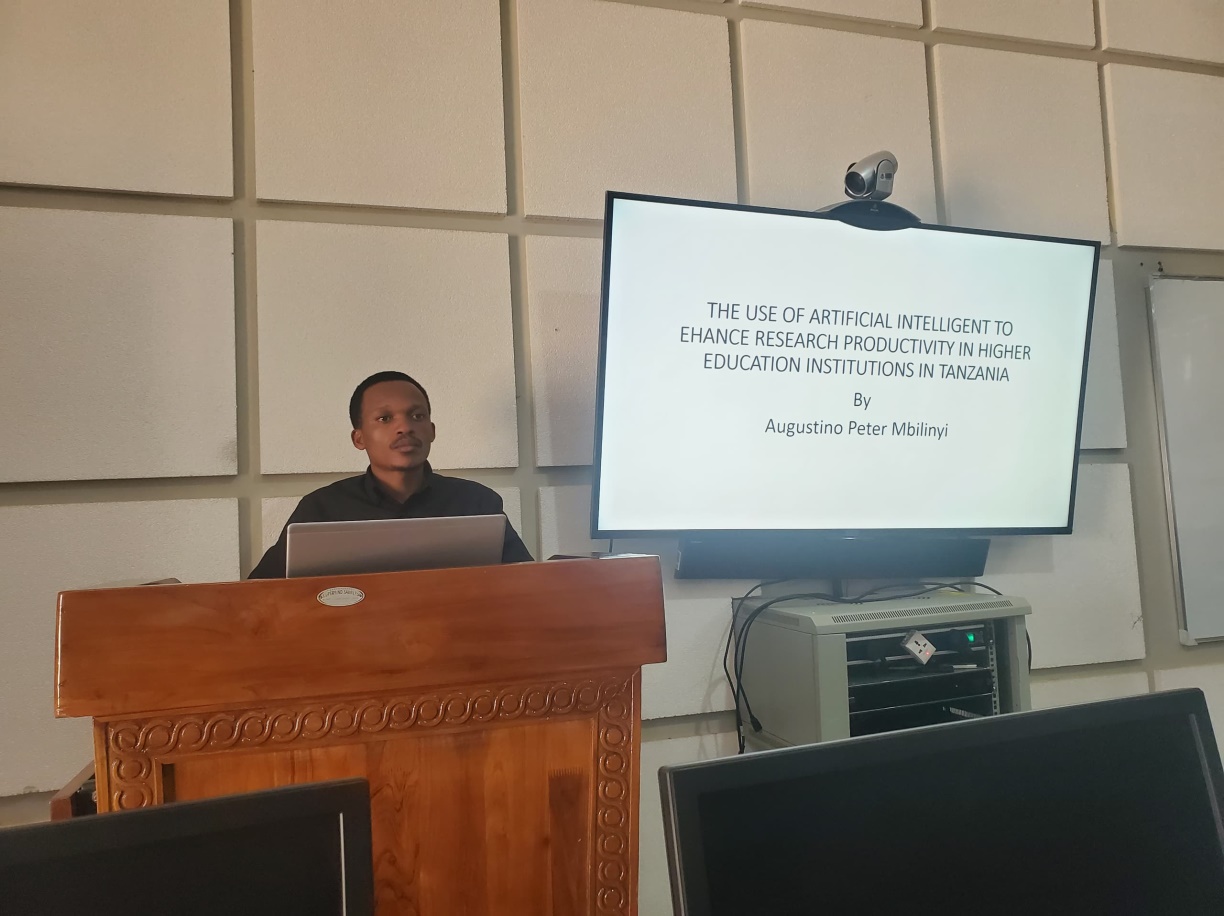
Students presented a diverse range of topics, reflecting the breadth and depth of their research interests. Among the topics were the use of artificial intelligence (AI) in higher learning institutions, access and use of agricultural information, open access and publishing in predatory journals, the role of indigenous knowledge in climate change adaptation and mitigation, knowledge and innovation co-creation, use of library electronic resources, information and tax compliance, and knowledge management practices.
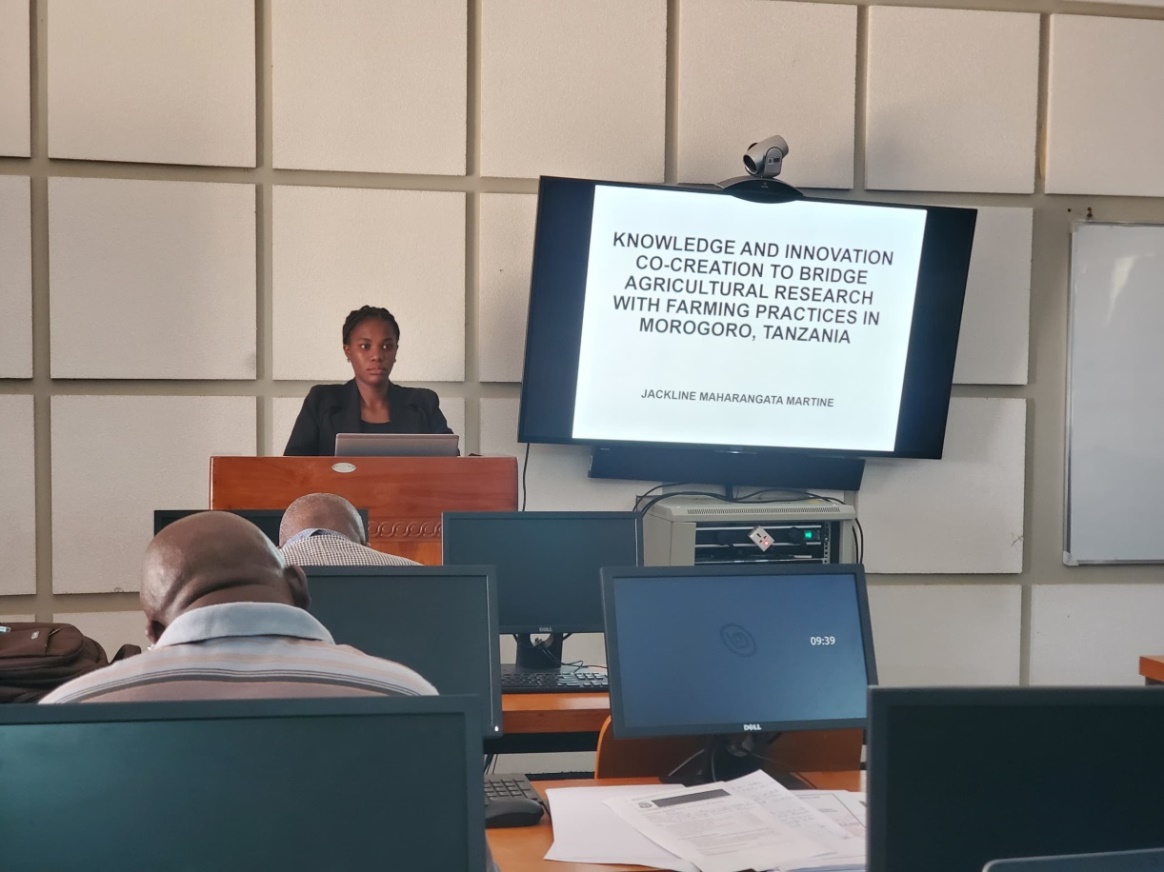
The first session, chaired by Dr. Nicholaus Mwalukasa on July 3rd, featured presentations from Mr. Martinus Eustace Sospeter, Mr. Juma Omari Mbaga, Ms. Sevelina Selestine Moshi, Ms. Upendo Charles Nzaligo, and Ms. Jackline M. Martine. The second session, held on July 4th and chaired by Dr. Ronald Benard Tarimo, included presentations from Ms. Flora M. Chuma, Ms. Grace M. Mvamba, Ms. Rebecca Kachembeho, Mr. Paul Rogath, Mr. Calvin Gwabara, and Mr. Augustino Peter Mbilinyi.
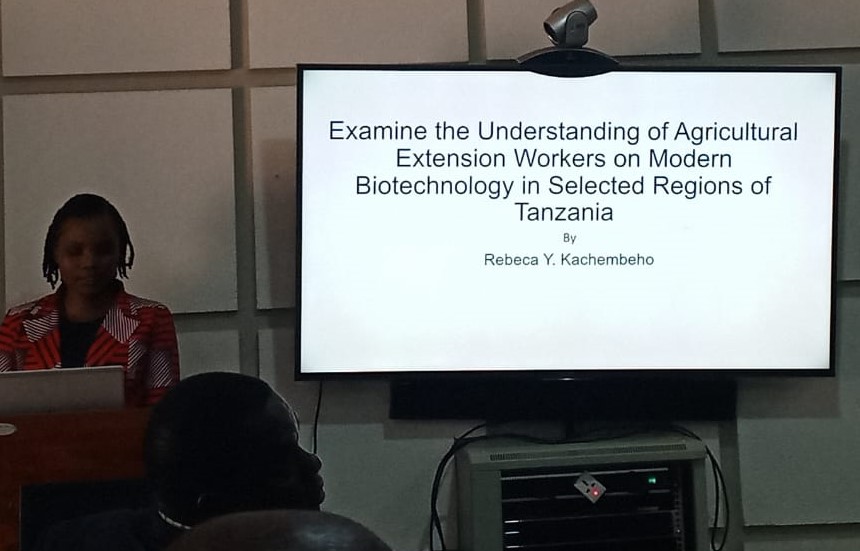
The research proposals presented are expected to make significant contributions to the body of knowledge in various fields. The findings will provide valuable insights for policymakers, researchers, academicians, and administrators, aiding in the formulation of strategies to improve sectors such as agriculture, education, and finance.
This event underscores the university’s commitment to fostering a robust research culture and highlights the innovative and impactful work being undertaken by its students.
